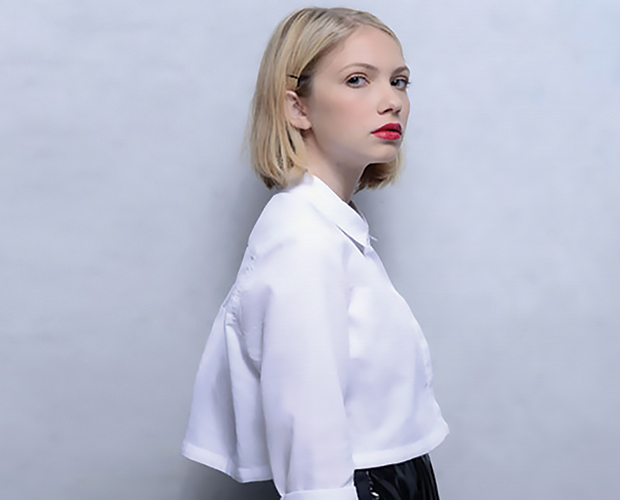 The fashion blogger fairy tale is that your rags will be turned into haute couture and your prince charming will give you a Miu Miu pump instead of a glass slipper. Since the ‘00s, blogging has become a viable job with the selected few rising quickly within the ranks of fashion royalty, LAUREN WISZNIEWSKI reports.
The fashion blogger fairy tale is that your rags will be turned into haute couture and your prince charming will give you a Miu Miu pump instead of a glass slipper. Since the ‘00s, blogging has become a viable job with the selected few rising quickly within the ranks of fashion royalty, LAUREN WISZNIEWSKI reports.
No longer does one has to be the daughter of Mick Jagger or a muse of Tom Ford to be seated in the front row of a major fashion show; only looks and fashion know how. Anyone, anywhere can become the next big thing providing you have a camera and a DSL plan. However, instead of bloggers representing the charm of true people, they become walking advertisements for fashion houses, meaning only the prettiest and skinniest survive.
Akin to a Cosmopolitan spread of ‘Top 10 Summer Buys”, fashion bloggers who receive gifts readily promote the product in their next post. Bloggers play a huge role in moving merchandise and influencing consumer spending in a way that incites Sex And The City like mania, a la Carrie Bradshaw. Most fashion bloggers not only work with fashion houses but also retailers. Examples include Carrie from wishwishwish and Connie from K Is For Kani who have both been affiliated with ASOS (Carrie still promotes brand sample sales that she attends as part of her job role). Brands look to what the people want, with the blogs attracting the most attention likely to be written by pretty, thin women.
The original attraction to these bloggers is their girl-next-door aesthetic. They’re supposedly wearing clothes that everyday people can afford, while still managing to pull off looks taken from the runway. They’re not supposed to be wearing clothes that cost a month’s rent.
When Tavi Gevinson first came onto the scene in 2008, she was an 11-year-old playing dress-ups. Within a year she was being courted by brands such as Rodarte and Chanel, and generated more interest than a YouTube video of a puppy playing piano. Humble origins became a thing of the past, as bloggers began to rehash media releases to please advertisers. Some even officially model clothing, accessories and perfume. Bloggers are now the models selling us our clothes.
The question that remains is authenticity. These fashionistas have become the most important, perhaps even the center of, 21st century trendsetters. Far removed from the world of enthusiastic teenagers publishing selfies with the caption, “I love this outfit!!!!”, these bloggers are articulate and savvy yet ultimately deceiving. Prominently shooting items for their advertisers, they are marketing 2.0, yet can we really question their integrity? Who doesn’t like free stuff? The problem lies more in those chosen bloggers picked to rule the world. If we’re going to have everyday people selling our clothes, can we have at least a range of aesthetics rather than just very, very good looking people? Then we can really have the fairy tale ending.